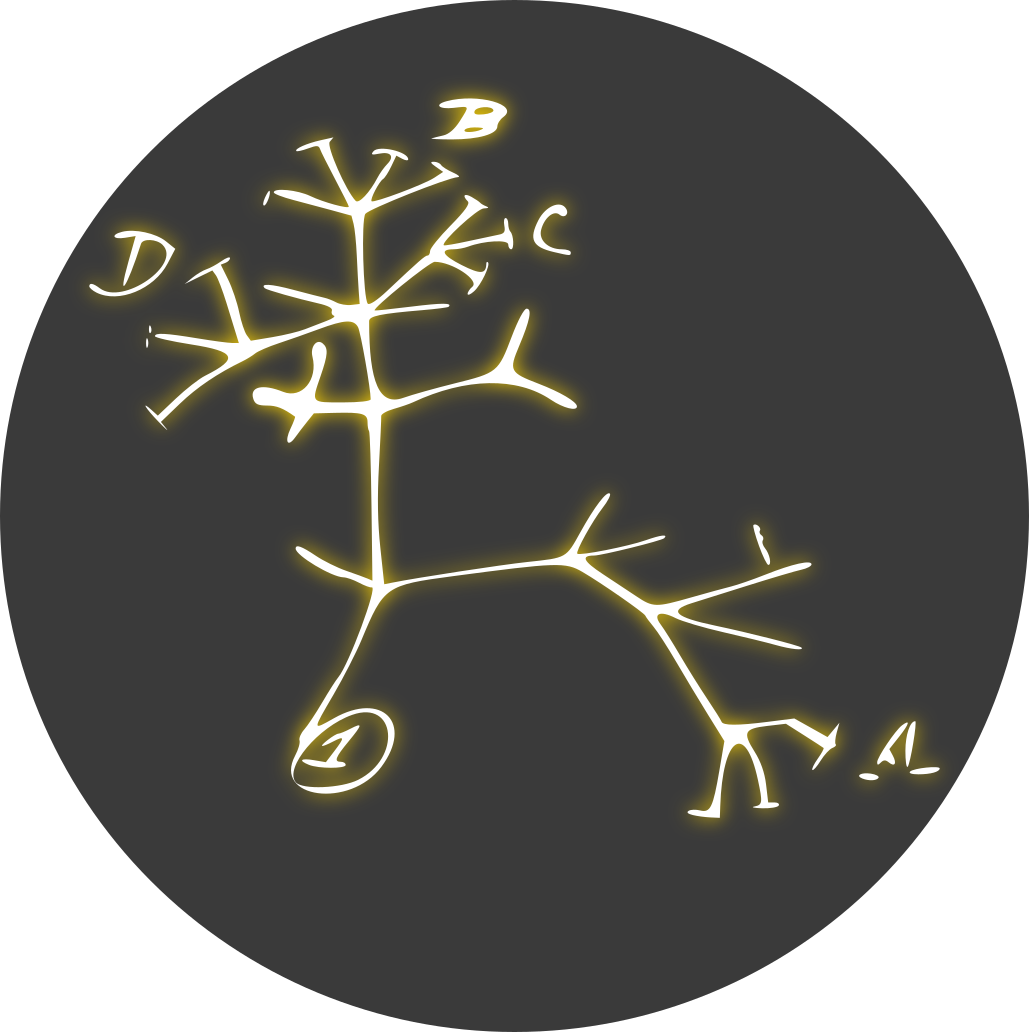Important Notice Before Publishing Documents
Before I publish these documents, I want to make it very clear: while testing and experimenting are essential for advancing our understanding of human evolution, it is crucial to consult a medical professional beforehand. Even the slightest miscalculation or lack of clarity about your goals could lead to catastrophic consequences.
Over the past four years, I have developed what I consider to be a method of “fast-tracked evolution.” Traditionally, evolution is understood as a process that spans generations within a species, slowly occurring over millions of years as new adaptations emerge. However, this method allows for significant modifications to the body within a decade, enabling the growth of beautiful and intricate features, such as wings.
I understand that some may view this as trolling or even dangerous. While there are risks involved, the potential benefits are unimaginable. I grew up with a broken, deteriorating body and felt I had no choice but to explore this path. As a result, my body has begun to enhance itself. I hope that, in the future, everyone will have the opportunity to experience this.
I invite open feedback on this work, but I ask that we keep our discussions constructive and beneficial, similar to an educational or professional setting. Your insights will be invaluable in refining these ideas and advancing our understanding.
Below are a few papers on the subject: one is a study, and the other explains the biological and evolutionary relationship between this fast-tracked evolution and traditional evolutionary processes.
Adaptation and Change in Wing Development: An Evolutionary Perspective
You’d be better off just writing straight up fiction. Try short stories before diving into novels.
I suggest reading Kafka and Cortazar for more inspiration.
I do write actual books, but may I ask why you mentioned this? While the idea of humans growing wings may seem far-fetched or implausible, it’s important to remember that things are only deemed implausible when someone chooses not to try.
That first “paper” doesn’t have anything even vaguely academic about it, it’s just musings on the physiology of flighted birds without any eye towards the consequences of or technology for making those changes, let alone anything that remotely justifies the possibility of those processes happening over 4 years.
It sucks that your body is broken, but given that we currently do not have to technology to fix it, why bother with the fantasy that technology can make it into something completely different?
Yes, the first paper specifically correlates my developments with real-life evolutionary processes. It demonstrates how my concept of “Fast-Tracked Evolution,” while seemingly fantastical, is deeply rooted in biological and evolutionary principles—just on a grander scale that challenges conventional possibilities.
As for why I pursue this, I would ask: why wouldn’t you try? If you’re living in a constant state of suffering, wouldn’t you seek a way to alleviate it? Isn’t that what life is about? Whether it’s striving for a better financial situation or seeking medical intervention for a health issue, the goal is to mitigate the negative impacts of our circumstances.
my developments
What developments? You’re just speculating about something that is currently impossible.
why wouldn’t you try?
You’re not seeking a way to alleviate the actual circumstances, you’re engaging in escapism. That’s fine, but don’t cloak whatever this is with the mantle of science.
I understand why you might assume I’m speculating, especially when these ideas seem detached from widely accepted scientific methods. However, the method I’ve developed allows for nearly any enhancement, and I have observed specific, measurable changes, such as:
* Spinal Cord Adaptation: Throughout Year 2, the spinal cord began to stretch and lengthen, continuing this adaptation through Year 4. This adjustment provided the necessary structural support and flexibility to accommodate the forthcoming wings. The adaptation of the spinal cord was crucial for supporting the growing wings and ensuring proper alignment.- Kneecap and Rib Changes (Year 4):
- Kneecap Modifications: Initially, the subject’s kneecaps were replaced by tendinous structures, which later regrew with increased strength and resilience. This change facilitated enhanced mobility and support for the wings.
- Rib Modifications: The ribs demonstrated fusion and extension, contributing to structural changes essential for integrating the future wing structures. These modifications helped create a more stable framework necessary for wing deployment.
These changes were not only noticeable to me but also documented by my medical team, making this much more than mere speculation.
While I understand that this might seem like escapism, it’s important to note that these adaptations are not just alleviating my symptoms—they’re correcting and improving my overall condition by a factor of ten. This is demonstrated in my paper, Comprehensive Analysis of Progressive Wing Development and Associated Musculoskeletal Adaptations: A Four-Year Longitudinal Study, which outlines the gradual and logical changes in my biology.
Although this may seem implausible now, many groundbreaking ideas were once considered impossible until methods were discovered to achieve them. My second paper, Adaptation and Change in Wing Development: An Evolutionary Perspective, supports the claims made in the first, correlating them to the observed growths.
Remember, we are still pioneers—our greatest achievements aren’t behind us, but ahead of us!
- Kneecap and Rib Changes (Year 4):
🤨
We mammals are pretty far (~65 million years) diverged from birds, so you’d probably be looking at more of a bat style wing or flying squirrel gliding skin mechanism than anything feathered.
This idea is really fascinating. I understand your assumption that, given the extensive divergence in evolution, if humans were to grow wings, they might resemble those of bats or squirrels. However, that’s why I emphasized the importance of detailing what you envision. While bat-like wings may be the most logical conclusion, the concept of fast-tracked evolution allows for a range of possibilities—wings with feathers, tails, horns—essentially anything you can imagine. With enough dedication and patience, nearly anything is achievable.
I think one major difference is feathers - we have not had feathers show up in any mammalian mutations or evolutions that I know of. We went a different direction, with the fur and all. So even if fast tracking wings were possible I think that would involve some kind of fur covering and different adaptation for flight more akin to bats.
Another major hiccup is - fast tracked uncontrolled evolution, aka genetic mutation, without the controls/failsafes (such as non-viable mutated animals dying out and failing to breed) just equates to cancer…
You bring up valid concerns about infertility and uncontrolled mutations. While I’ve successfully applied fast-tracked evolutionary changes to others—like my partners and some friends—my current transformation is by far the most complex and scientifically controlled.
Because of this, infertility isn’t a concern for me in this process. And, while this might sound a bit off, in today’s economy, I and many others might actually view infertility as a benefit rather than a drawback. I understand it’s an unusual perspective, but it reflects the practical concerns many face today.
Unprofessional note I’d love to just be someone’s dog and be used anytime and that would take away risk from a lady.


